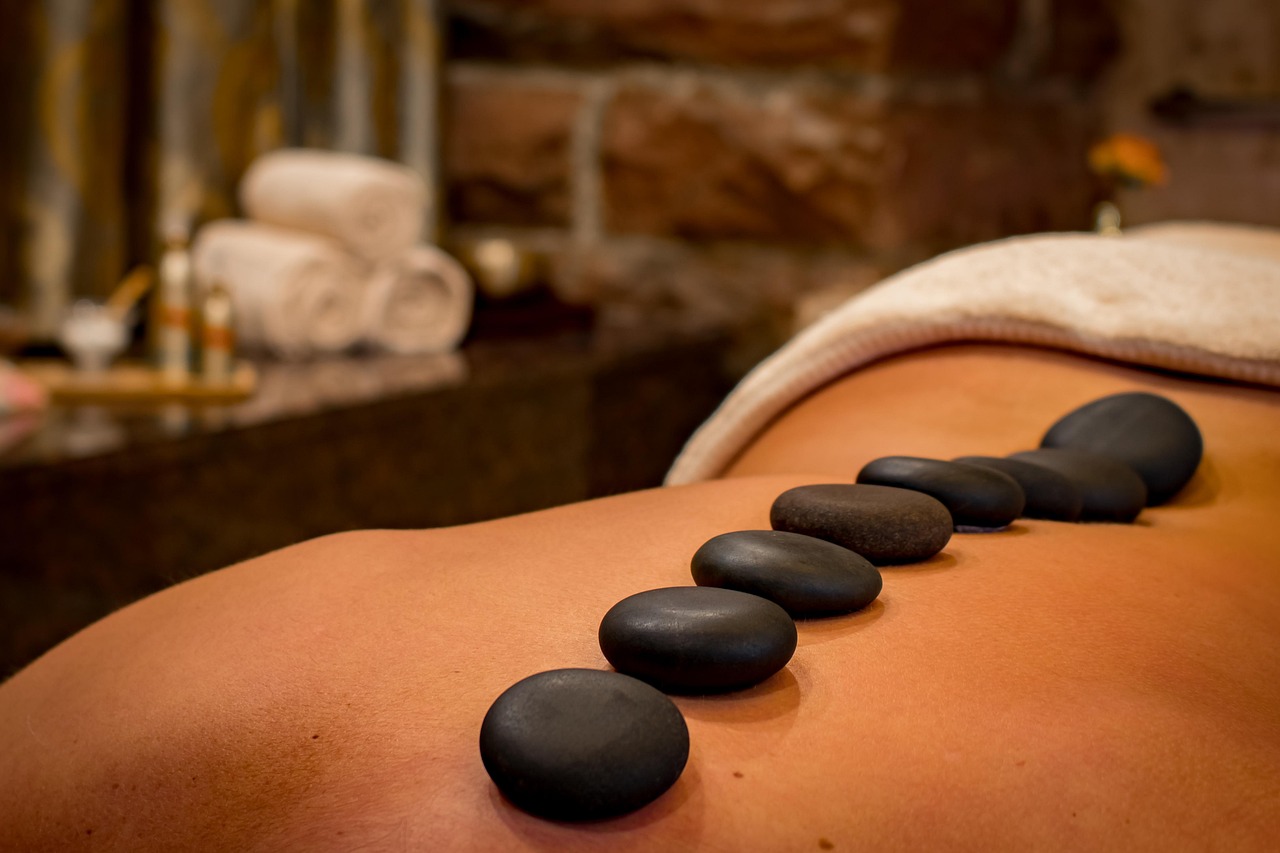Learn about the fundamental differences between pleasure and happiness, and how recognizing these distinctions can lead to a more fulfilling life.
Pleasure and happiness are often used interchangeably in everyday language, but they represent distinctly different aspects of human experience. Understanding the differences between pleasure and happiness is crucial for developing strategies to enhance overall well-being and life satisfaction. Pleasure is generally a fleeting, momentary experience linked to specific activities or sensations, while happiness is a deeper, more enduring state that encompasses a sense of contentment and fulfillment. This article explores these key differences in detail, examining the sources, impacts, and long-term effects of both pleasure and happiness on our lives.
Pleasure vs. Happiness, Understanding the Key Differences
Defining Pleasure and Happiness
- Pleasure: Typically sensory and immediate, pleasure arises from specific experiences like eating delicious food, enjoying a warm bath, or receiving a compliment. It is closely linked to the body’s biochemical reactions, such as the release of dopamine, and tends to be ephemeral.
- Happiness: More of a cognitive state, happiness encompasses a general feeling of satisfaction and well-being. It involves a complex mix of factors, including emotional resilience, life satisfaction, and a sense of purpose or meaning.
Sources and Triggers
- Sources of Pleasure: Often external, pleasure can be triggered by immediate sensory inputs and experiences that provide instant gratification.
- Sources of Happiness: Typically derived from internal factors such as personal achievements, meaningful relationships, and alignment with personal values.
Duration and Stability
- Pleasure’s Ephemeral Nature: Pleasure is transient, often lasting only as long as the stimulating activity continues.
- Happiness’ Enduring Quality: Happiness is more stable and persistent, not fluctuating as significantly with external circumstances.
Impact on Well-Being
- Impact of Pleasure: While pleasure can boost mood temporarily, its fleeting nature means it doesn’t guarantee long-term satisfaction or emotional stability.
- Impact of Happiness: Happiness contributes to a resilient, stable baseline of well-being that helps individuals better manage stress and recover from life’s challenges.
Pursuit and Attainment
- Pursuing Pleasure: Often involves seeking out specific activities or experiences that are known to provide immediate enjoyment.
- Pursuing Happiness: Requires more sustained efforts, such as developing personal relationships, working towards life goals, and cultivating personal growth.
Cultural and Societal Influences
- Cultural Views on Pleasure: Different cultures may have varying attitudes towards pleasure, with some viewing it as a necessary part of life and others as something to be moderated.
- Cultural Views on Happiness: Happiness is universally valued, but the ways in which it is pursued and the factors that contribute to it can vary greatly across cultures.
In Conclusion: Navigating Pleasure and Happiness
Understanding the distinctions between pleasure and happiness is key to navigating life’s complexities. By appreciating that pleasure is temporary and often externally triggered, and that happiness is more about an enduring state of well-being, we can better aim our efforts towards what truly fulfils us over the long term.
FAQs
Can pleasure lead to happiness?
- Pleasure can contribute to happiness if it’s part of a balanced life that also includes deeper, more meaningful pursuits. However, relying solely on pleasure for happiness is unlikely to be satisfying in the long run.
How can I balance pleasure and happiness in my life?
- Balance can be achieved by integrating immediate, pleasurable experiences with activities that promote long-term happiness. This includes investing time in relationships, personal achievements, and self-reflection.
Recognizing and understanding the differences between pleasure and happiness allows for a more strategic approach to cultivating a fulfilling and joyful life, ensuring both immediate enjoyment and lasting contentment.




